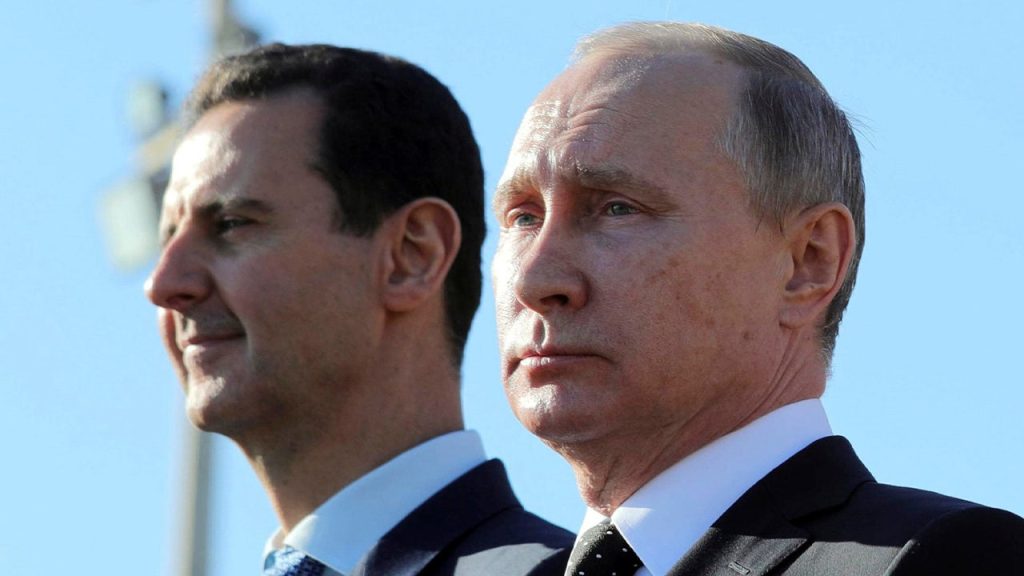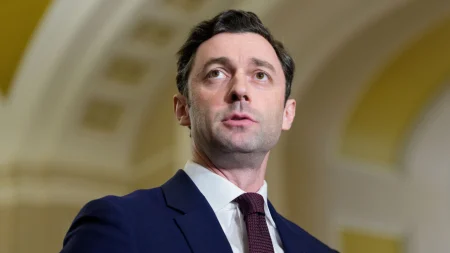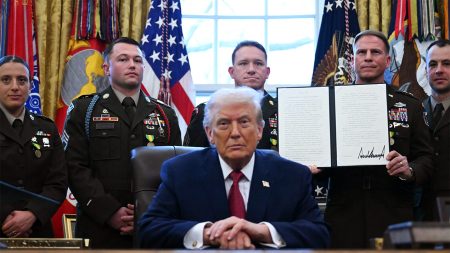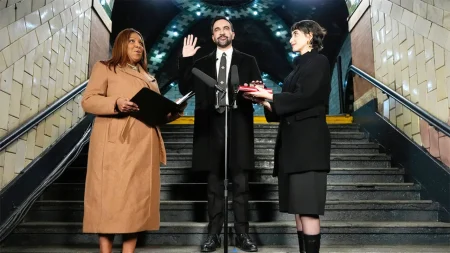The sudden collapse of Bashar al-Assad’s regime in Syria, culminating in his flight from Damascus and subsequent asylum in Russia, marks a dramatic turning point in the protracted and devastating Syrian civil war. Assad’s departure, precipitated by a swift offensive led by a coalition of predominantly Islamist rebel groups, brings to an end over five decades of dynastic rule by the Assad family. This unexpected turn of events has sent ripples across the geopolitical landscape, raising questions about the future of Syria, the influence of regional and international powers, and the potential for further instability in an already volatile region. The speed and decisiveness of the rebel advance seemingly caught Assad, as well as his key allies Russia and Iran, off guard, highlighting the complex and unpredictable nature of the conflict.
The Syrian civil war, a brutal and multifaceted conflict spanning nearly 14 years, has left an indelible scar on the nation and its people. The conflict, initially sparked by pro-democracy protests during the Arab Spring, quickly spiraled into a complex web of warring factions, encompassing government forces, various rebel groups, and the rise of extremist organizations like ISIS. The war has witnessed widespread human rights abuses, mass displacement of civilians, and the destruction of infrastructure, leaving Syria in ruins. External involvement by global powers, including the United States, Russia, Iran, and Turkey, further complicated the conflict, each pursuing their own strategic interests and exacerbating the violence.
Russia’s decision to grant asylum to Assad and his family underscores the deep ties between the two nations. Russian President Vladimir Putin has been a steadfast supporter of Assad throughout the conflict, providing crucial military and logistical support that proved instrumental in propping up the beleaguered regime. This intervention, while preventing the complete collapse of the Syrian government for many years, also drew criticism from Western powers who accused Russia of perpetuating the violence and enabling Assad’s repressive tactics. The decision to offer asylum further solidifies Russia’s role as a key player in the Syrian conflict and its aftermath.
The rapid fall of Damascus and Assad’s subsequent flight to Moscow caught many observers by surprise, particularly given the previous stalemates and protracted nature of the conflict. The rebel coalition’s success can be attributed to a confluence of factors, including likely internal weaknesses within the Assad regime, potential shifts in external support, and the rebels’ own strategic planning and execution. The nature and composition of this coalition, however, raise concerns about the future trajectory of Syria. The significant presence of Islamist groups within the coalition raises questions about their ideology, their potential governance structures, and their treatment of minorities and other dissenting voices.
The implications of Assad’s departure and the rebel takeover of Damascus are far-reaching. The immediate priority is the establishment of some semblance of order and stability in the war-torn nation. However, the fragmented nature of the rebel coalition, coupled with the ongoing presence of other actors like ISIS remnants, presents a formidable challenge to achieving a lasting peace. The international community faces the daunting task of facilitating a transition process that addresses the root causes of the conflict, ensures inclusivity and representation for all Syrians, and prevents the emergence of a new wave of violence.
The future of Syria remains uncertain, fraught with potential pitfalls and challenges. The fall of Assad marks a significant turning point, but the path towards a stable and peaceful Syria remains long and arduous. The complex interplay of regional and international interests, the fragmented nature of the opposition, and the deep-seated sectarian divisions within Syrian society will continue to shape the country’s future. The international community will need to play a crucial role in mediating a political solution, providing humanitarian assistance, and supporting the reconstruction of a nation devastated by years of unrelenting conflict. The international response will determine whether Syria can emerge from the ashes of war and embark on a path towards reconciliation and rebuilding.















